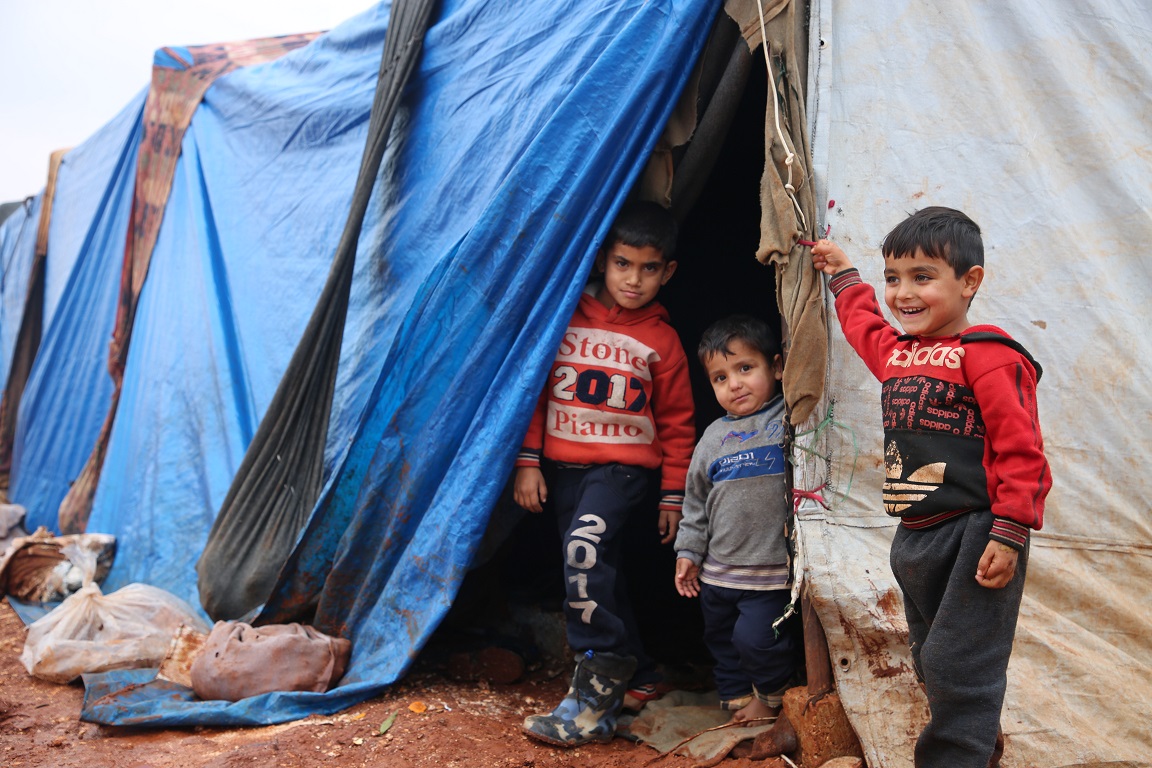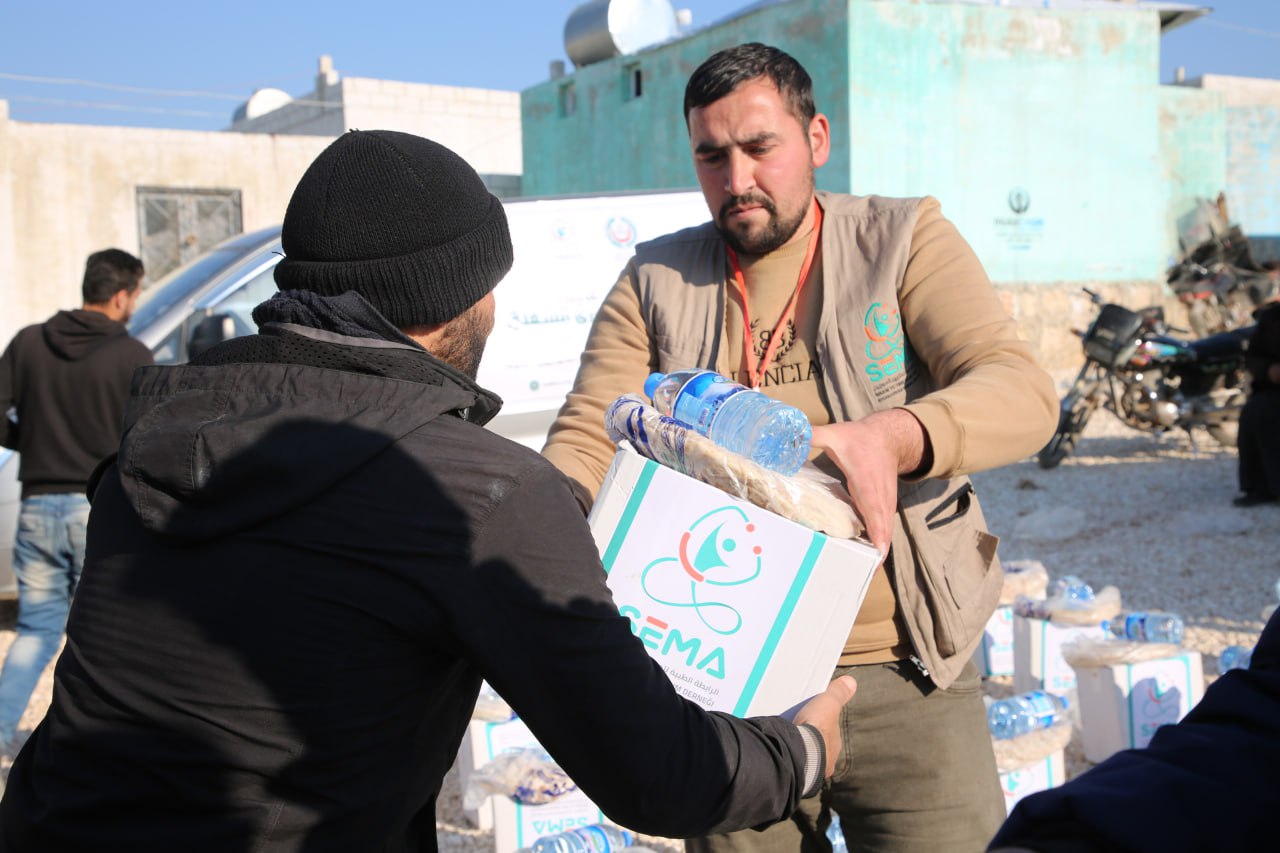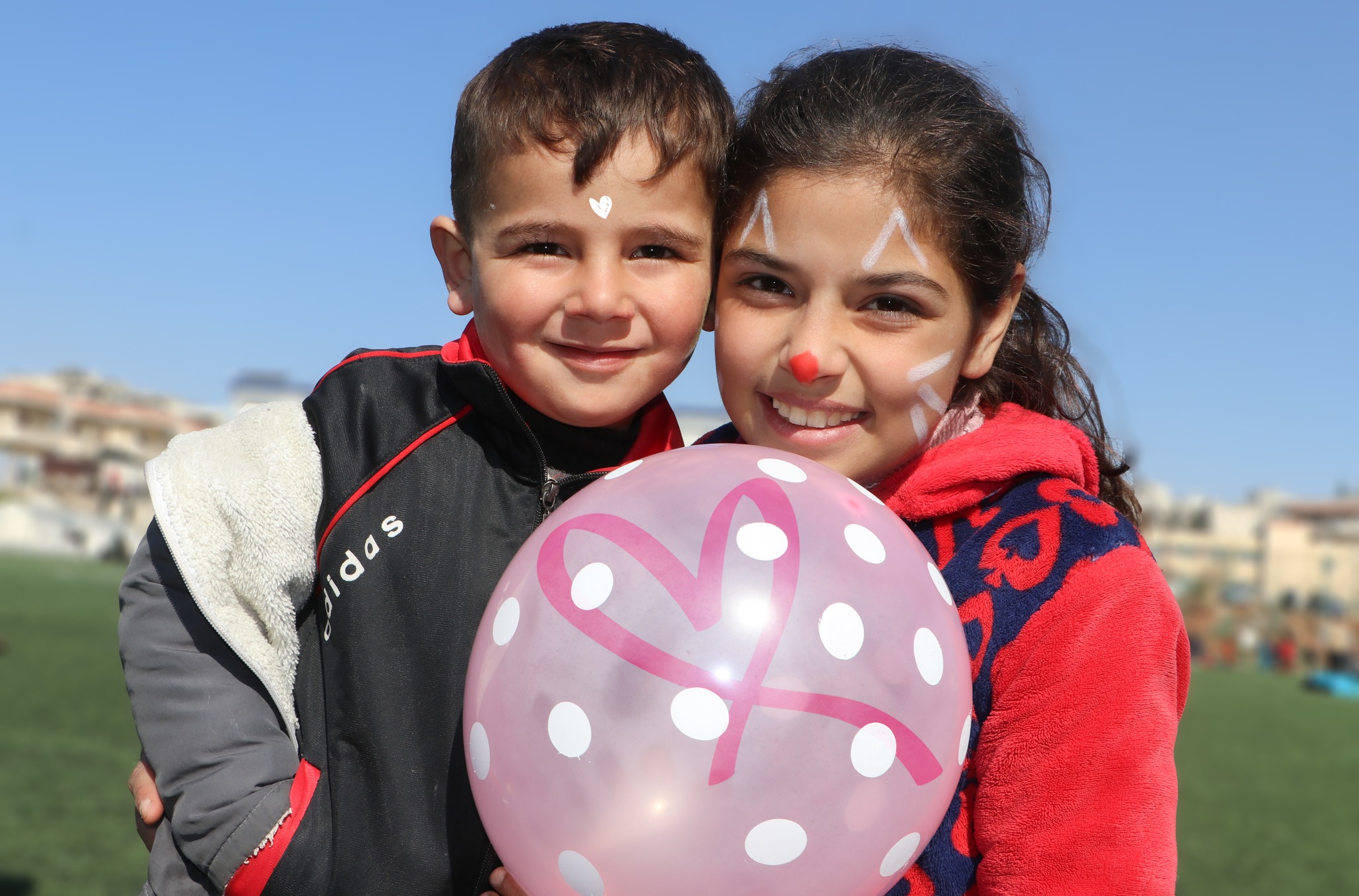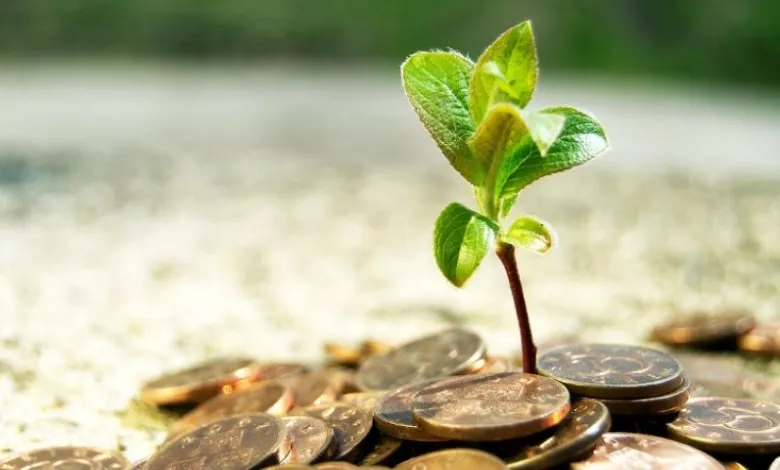Sadaqah is a fundamental concept in Islam, which refers to voluntary charity or giving.
Most importantly, sadaqah is a form of worship that holds a major place in the Islamic faith and is highly recommended for Muslims.
In this article, we will shed light on the meaning and definition of sadaqah, its virtues in Islam, the different types of sadaqah, and its role in society.
We will also provide practical tips on how to give sadaqah and discuss the rewards of sadaqah in the hereafter, in addition to exploring the Syrian Medical Association for Syrian Expatriates’ (SEMA) role in helping refugees.

The meaning and definition of Sadaqah
Sadaqah is an Arabic word that means “voluntary charity” or “giving.” It is a form of worship done purely for Allah’s sake and is not mandatory, unlike Zakat (obligatory charity).
Sadaqah can be given in various forms, including money, food, clothing, and other goods. It is an act of kindness and generosity that helps those in need and brings blessings and rewards from Allah (SWT).
The virtues of sadaqah in Islam
Sadaqah holds tremendous virtues in Islam. It is an act of worship that cleanses the soul and brings one closer to Allah the Almighty.
The Prophet Muhammad (PBUH) said, “Sadaqah extinguishes sin as water extinguishes fire,” (al-Tirmidhi).
It is also a means of seeking Allah’s forgiveness and mercy and a way to increase one’s wealth and blessings.
The Qur’an states, “Whatever you donate will be paid back to you in full, and you will not be wronged” (Surah al-Baqra:272).
Types of sadaqah
There are different types of Sadaqah that can be given in Islam.
The most common type is Sadaqah in the form of money, which can be given to individuals in need, charity organizations, or for the construction of mosques and other Islamic institutions.
Another type of Sadaqah is in the form of providing food, clothing, and other essentials to those who are less fortunate. Additionally, Sadaqah can be given in the form of knowledge or expertise by teaching others or providing guidance in a particular field.
Sadaqah in islamic teachings
Sadaqah is mentioned numerous times in the Qur’an and Hadith, emphasizing its importance in Islamic teachings.
Allah (SWT) states in the Holy Qur’an, “Believe in Allah and His Messenger, and donate from what He has entrusted you with. So those of you who believe and donate will have a mighty reward” (Surah al-Hadid:7)
The Messenger of Allah (pbuh) said, “When a man dies all his good deeds come to an end except three: Ongoing charity (Sadaqah Jariyah), beneficial knowledge, and a righteous son who prays for him” (Sahih, Darussalam).
The role of sadaqah in society
Sadaqah plays a crucial role in society, particularly in supporting those who are less fortunate and in need of assistance.
It helps alleviate poverty, hunger, and other global social and economic issues affecting individuals and communities.
Sadaqah also upholds social cohesion and strengthens bonds between members of society, as it encourages helping and supporting one another.
Moreover, it promotes awareness of the importance of giving, generosity, and kindness to others, which are essential values in Islam.
How to give sadaqah: Practical tips
Giving Sadaqah is a simple act that can be done in various ways and forms. Here are some practical tips on how to give Sadaqah:
1. Give regularly: Giving Sadaqah should be a regular practice, not just a one-time event. It should be a part of our daily lives and a habit that we cultivate.
2. Give with sincerity: Giving Sadaqah should be done purely for the sake of Allah, not for any personal gain or recognition.
3. Give within your means: Sadaqah should be given within one’s financial means and not cause any undue hardship or difficulty.
4. Give to reputable, reliable organizations: Sadaqah should be given to reputable organizations with a track record of using donations for the intended purpose.
5. Give in secret: Giving Sadaqah in secret is highly recommended in Islam, as it increases the sincerity of the act and avoids seeking recognition or praise from others.
The rewards of sadaqah in the hereafter
The rewards of sadaqah in the hereafter are numerous and significant.
The Messenger of Allah (pbuh) said, “He who gives respite to someone who is in straitened circumstances, or grants him remission, Allah will shelter him in the shade of His Throne, on the Day of Resurrection, when there will be no shade except its shade.”
[Al- tirmidhi].
Sadaqah is also considered an investment in the hereafter, as it benefits the giver even after death. It is a means of earning Allah’s mercy and forgiveness, as well as a way to attain a higher rank in Paradise.

SEMA’s efforts to help refugee communities
The Syrian Medical Association for Syrian Expatriates (SEMA) has been actively involved in collecting Sadaqah to help Syrian refugees.
The organization has been working tirelessly to assist those affected by the Syrian conflict, which has caused immense suffering and displacement.
SEMA has been collecting donations from individuals and organizations worldwide to provide Syrian refugees with food, shelter, medical care, and other essential services.
Their efforts have significantly impacted the lives of those in need, providing hope and support during difficult times.
SEMA’s charitable efforts testify to Sadaqah’s importance in Islam and its role in helping those in need.
Donating Sadaqah to help Syrian refugees is an excellent way to support those in need and fulfill one’s religious obligation in Islam.
Every little bit helps, and even a small contribution can make a significant difference in the lives of those affected by the Syrian conflict.
You can now join hands with SEMA by donating your sadaqah to us to help alleviate the suffering of Syrian refugees and provide them with the essential services they desperately need.
FAQs
What is the difference between sadaqah and zakat?
Sadaqah is a voluntary charitable donation in Islam that can be given at any time and in any amount.
It is often expressed as gratitude, purity, or generosity.
Zakat, on the other hand, is a mandatory charitable contribution based on a specific percentage of one’s wealth and given to specific categories of people in need.
Can sadaqah be given in forms other than money?
Yes, sadaqah can be given in forms other than money, such as donating one’s time, skills, or resources to help those in need.
For example, volunteering at a homeless shelter or donating food and clothing to a charity are forms of sadaqah.
Is there a minimum amount for sadaqah?
No, there is no minimum amount for sadaqah. Muslims are encouraged to give whatever they can afford, whether it is a small or large amount.
Can non-Muslims give sadaqah?
Yes, non-Muslims can give sadaqah. Many charitable organizations run by Muslims accept donations from people of all faiths and backgrounds.
Is it better to give sadaqah openly or in secret?
Both types of giving have their virtues in Islam. Giving sadaqah openly can encourage others to give and can promote good deeds in society.
However, giving sadaqah in secret (known as “sadaqah al-sirr” in Arabic) is considered to have a higher spiritual reward, as it is a way of sanctifying one’s intention and avoiding showing off or seeking recognition for one’s good deeds.
Are there any specific times or occasions for giving sadaqah?
In Islam, several occasions and times are considered to be particularly virtuous for giving sadaqah.
For example, providing sadaqah during the month of Ramadan, on the day of Arafah (the 9th day of the Islamic month of Dhul-Hijjah), and on Friday (the weekly day of congregational prayer) are all considered to be highly admirable.





